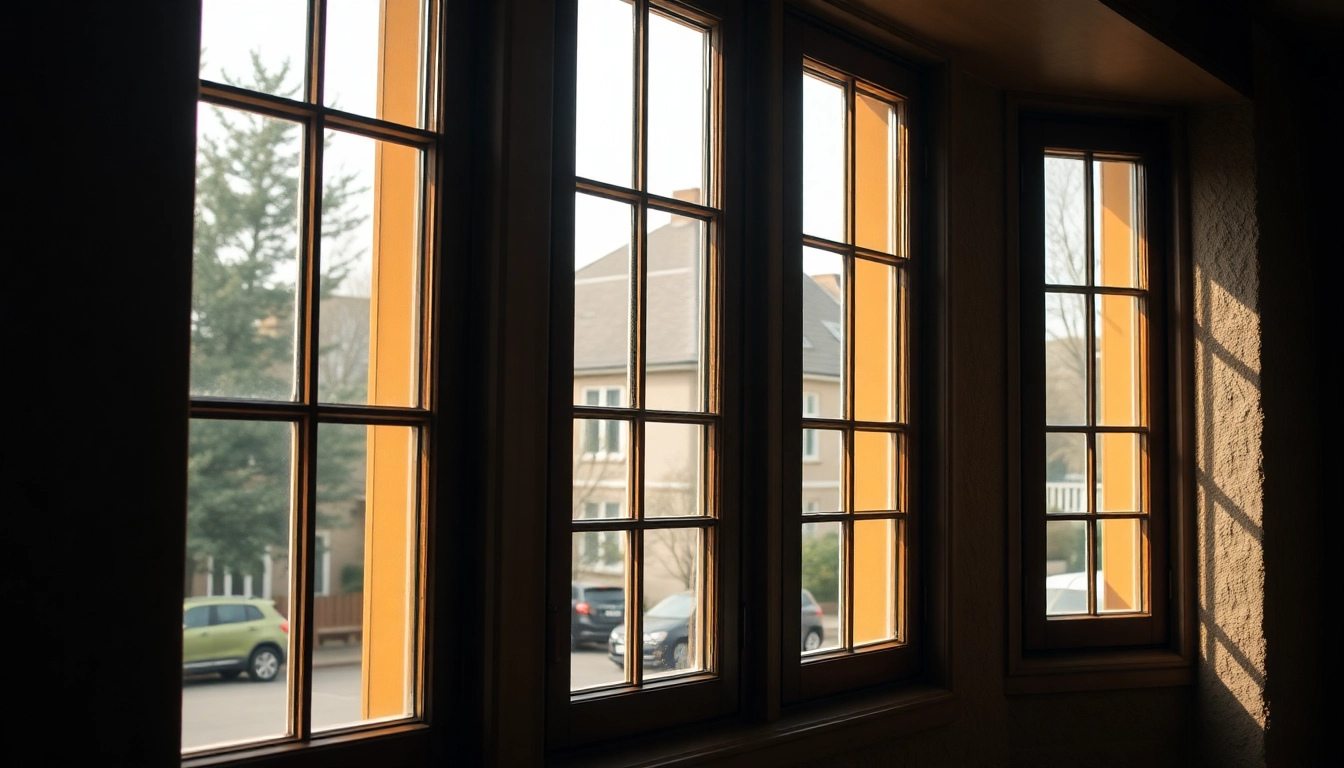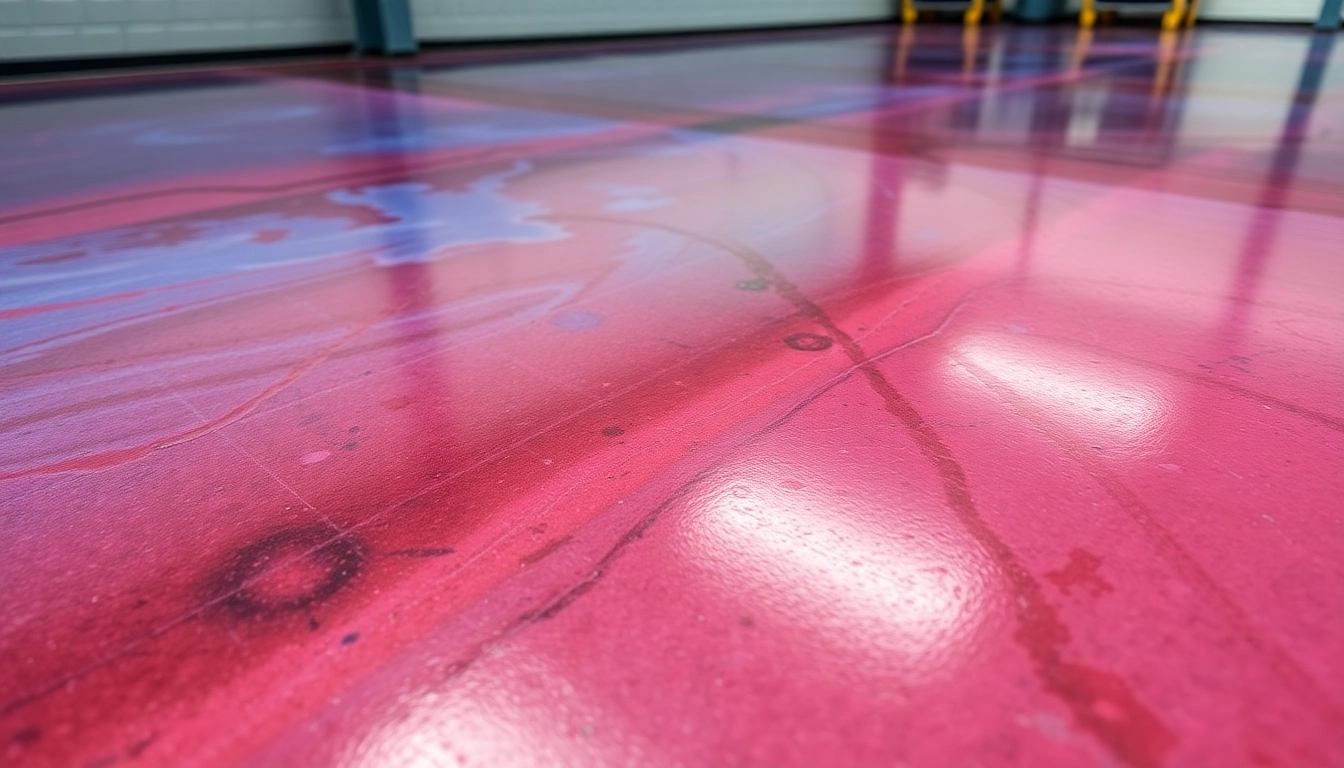
Understanding the Value of Bespoke Sash Windows
In the realm of traditional and period home architecture, bespoke sash windows stand out as a hallmark of craftsmanship, aesthetic appeal, and functional excellence. These custom-designed windows serve not only as vital architectural features but also as reflections of heritage, modern innovation, and tailored comfort. Unlike mass-produced alternatives, bespoke sash windows are meticulously crafted to meet the precise specifications and stylistic preferences of individual properties, whether historic or contemporary. Their enduring popularity stems from the unparalleled opportunity they provide for homeowners and designers to create distinctive features that enhance property value, energy efficiency, and visual harmony.
This comprehensive guide explores the multifaceted world of bespoke sash windows, covering their design, historical significance, customization options, installation procedures, and performance benefits. Whether you are restoring a historic residence or upgrading a modern home to incorporate timeless elegance, understanding the nuances of bespoke sash windows will empower you to make informed decisions that blend tradition with innovation.
Defining Custom Sash Windows and Their Unique Benefits
What Are Bespoke Sash Windows?
Bespoke sash windows are handcrafted window units designed and manufactured to specific dimensions, styles, and performance criteria tailored for individual properties. Unlike standard, off-the-shelf windows, custom sash windows are created to fit precisely within varied architectural contexts, ensuring the highest standards of fit, finish, and functionality. They often feature traditional sliding mechanisms, such as spring balances or weights and pulleys, combined with contemporary enhancements like double or triple glazing for superior insulation.
Unique Benefits of Custom Sash Windows
- Architectural Authenticity: They preserve or replicate the original design elements of period properties, maintaining historical integrity.
- Enhanced Energy Efficiency: Custom glazing options and modern sealing techniques reduce heat loss, lowering energy bills.
- Superior Build Quality: Handmade by skilled craftsmen, these windows boast durability and refined aesthetics.
- Personalized Aesthetics: Wide choice of materials, finishes, and decorative features allows for complete customization.
- Increased Property Value: Unique, high-quality features often translate into greater residential and commercial property valuation.
Choosing bespoke sash windows thus combines functional benefits with aesthetic and heritage considerations, creating a bespoke solution that elevates the character and efficiency of any building.
Historical Significance and Modern Applications
Historical Roots of Sash Windows
Sash windows originated in early 17th-century Europe, with their popularity blossoming during the Georgian, Victorian, and Edwardian eras. Their design offered practicality, ventilation, and elegance, becoming a defining feature in classic British architecture. The traditional sash window’s hallmark is its vertically sliding sashes, often with multiple panes separated by glazing bars, and a balanced mechanism for ease of operation—attributes that have persisted through centuries.
Evolution and Modern Adaptations
While preserving their historic charm, modern bespoke sash windows incorporate advancements such as double glazing, improved security hardware, and maintenance-friendly materials. These innovations address contemporary concerns like energy efficiency and home security without compromising aesthetic authenticity. Today, bespoke sash windows are found in heritage restorations, luxury new-build developments, and modern conversions where period styling is desired alongside modern performance standards.
Significantly, several UK conservation areas and listed building regulations mandate the use of traditional sash window styles, making bespoke solutions not merely aesthetic choices but also legal necessities in some cases.
Why Choose Bespoke Over Standard Options
Limitations of Off-the-Shelf Windows
Standardized sash windows, while cost-effective upfront, often lack the precision fit and design flexibility required for unique properties. They may not align perfectly with existing openings, leading to gaps, drafts, and aesthetic mismatches. Additionally, their limited style options and inferior materials can result in reduced longevity and increased maintenance costs.
Advantages of Custom-Made Solutions
- Exact Fit: Custom sizing ensures seamless installation without gaps or the need for extensive modifications.
- Design Flexibility: Ability to choose materials, finishes, glazing, and decorative elements to match architectural styles precisely.
- Higher Performance: Tailored features like triple glazing, advanced security hardware, and bespoke hardware enhance safety and efficiency.
- Heritage Compatibility: Custom options allow restoration projects to faithfully replicate original designs, crucial for heritage properties.
Opting for bespoke sash windows is an investment in quality, aesthetic integrity, and long-term savings, making it the superior choice for discerning clients and preservation projects.
Designing Your Perfect Sash Windows
Material Choices: Timber, uPVC, and Aluminum
Material selection is fundamental in shaping the appearance, performance, and maintenance requirements of bespoke sash windows. The three primary materials include:
- Timber: Traditional, highly authentic, and versatile. When sourced sustainably, timber offers excellent insulation and aesthetic appeal, especially suitable for heritage projects. Modern engineered timber enhances stability and rot resistance, reducing maintenance demands.
- uPVC: Cost-effective, low-maintenance, and energy-efficient. High-quality uPVC can mimic the look of wood, with options for bespoke finishes and glazing to enhance performance.
- Aluminum: Strong, durable, and lightweight with excellent weather resistance. Aluminum frames are perfect for larger windows and modern designs, offering slim sightlines and minimal maintenance.
Factors influencing material choice include budget, climate, aesthetic goals, and sustainability considerations. A professional consultation helps determine the best material based on your project’s specific requirements.
Style Variations: Traditional, Contemporary, and Hybrid Designs
The style of sash windows can range from faithful reproductions of historic designs to sleek, modern interpretations. Customization allows for a myriad of options:
- Traditional: Features like sash horns, Astragal bars, and detailed glazing bars emulate Victorian and Georgian styles.
- Contemporary: Minimalist frames, larger panes, and clean lines suit modern architecture while maintaining the sash mechanism.
- Hybrid: Combines traditional details with modern materials and hardware, achieving a balanced aesthetic that respects heritage while embracing innovation.
Design flexibility enables property owners to create windows that complement the overall architectural language and personal taste.
Custom Features: Double Glazing, Security, and Accessories
Additional features enhance the functionality and security of bespoke sash windows:
- Double or Triple Glazing: Significantly improves thermal insulation and noise reduction.
- Security Hardware: Multi-point locking systems, internal bead fixings, and reinforced frames provide peace of mind.
- Decorative Elements: Grilles, Georgian bars, and decorative glazing options allow further personalization.
- Accessories: Window stays, fasteners, and Georgian bar sets add both aesthetic and functional value.
Installation and Maintenance Best Practices
Steps to Ensure Quality Installation
Precise installation is critical for maximizing the lifespan and performance of bespoke sash windows. Here are essential steps:
- Site Assessment: Detailed measurement and assessment of existing openings, ensuring compatibility with bespoke units.
- Preparation: Removing old frames, addressing structural issues, and confirming the building is prepared for the new windows.
- Accurate Fitting: Expert fitting by trained installers ensures correct alignment, sealing, and hardware operation.
- Sealing and Finishing: Proper sealing around frames prevents drafts and water ingress; finishing touches ensure aesthetic harmony.
Choosing experienced craftsmen familiar with heritage standards and bespoke specifications is crucial for optimal results.
Care and Upkeep to Preserve Aesthetic and Functionality
Routine maintenance extends the life and beauty of bespoke sash windows:
- Cleaning: Regularly clean glazing and frames to prevent dirt buildup.
- Lubrication: Periodic lubrication of sashes, locks, and hinges maintains smooth operation.
- Inspection: Check for signs of rot (timber), corrosion (aluminum), or wear, addressing issues promptly.
- Repainting and Finishing: Refinish timber frames as needed to maintain appearance and weather resistance.
Cost Considerations for Custom Sash Windows
Pricing depends on multiple factors including material choice, size, complexity of design, glazing options, and hardware. Custom solutions typically range from several thousand to tens of thousands of pounds for high-end, heritage-grade installations. It is advisable to obtain detailed quotes from reputable suppliers and consider long-term savings through energy efficiency and durability when evaluating costs.
Performance and Energy Efficiency
Thermal Insulation and Energy Savings
Modern bespoke sash windows integrate performance-enhancing features such as high-performance double or triple glazing, low-emissivity coatings, and thermally broken frames. These innovations dramatically reduce heat loss, helping homes meet or exceed current energy efficiency standards. For example, engineered timber frames with innovative glazing can reduce heating costs by up to 30%, according to industry reports.
Acoustic Benefits of Bespoke Sash Windows
Soundproofing is a significant advantage, especially in noisy urban environments. Thicker glazing, laminated glass, and precisely fitted frames create a barrier that minimizes noise infiltration, resulting in a more peaceful living environment. Customizable acoustic sealing methods further enhance these benefits.
Compliance with Building Regulations
In the UK, bespoke sash window installations must meet the standards outlined in Part L (conservation of fuel and power) and Part Q (security). Skilled craftsmanship and high-quality materials ensure compliance with these regulations while maintaining the aesthetic integrity of heritage properties. Proper documentation and certification facilitate smooth approval processes for listed buildings and conservation areas.
Comparing Options: Market Trends and Leading Brands
Top Manufacturers of Bespoke Sash Windows in the UK
The UK market features several renowned manufacturers specializing in bespoke sash windows, each offering different materials, styles, and levels of customization:
- Bespoke Wooden Windows: Known for craftsmanship and natural aesthetics.
- Bespoke Windows: Specialists in high-tech performance and affordability.
- Lomax Wood: Combining traditional design with modern efficiency.
- Sash Windows UK: Offering the UK’s most authentic uPVC sash windows.
Customer Testimonials and Case Studies
Many clients praise bespoke sash window providers for their craftsmanship, attention to detail, and ability to restore or create windows that faithfully replicate historic aesthetics while delivering modern performance. Case studies of heritage restorations illustrate how these solutions preserve character and meet contemporary energy and security standards.
Pricing Insights and How to Get a Quote
Pricing for bespoke sash windows varies depending on material, complexity, and scope. Typically, costs can range from £3,000 to over £15,000 per window for high-end, heritage-conforming units. To accurately budget for your project, request detailed quotes from reputable providers, ensuring they include all aspects from design to installation and aftercare.







